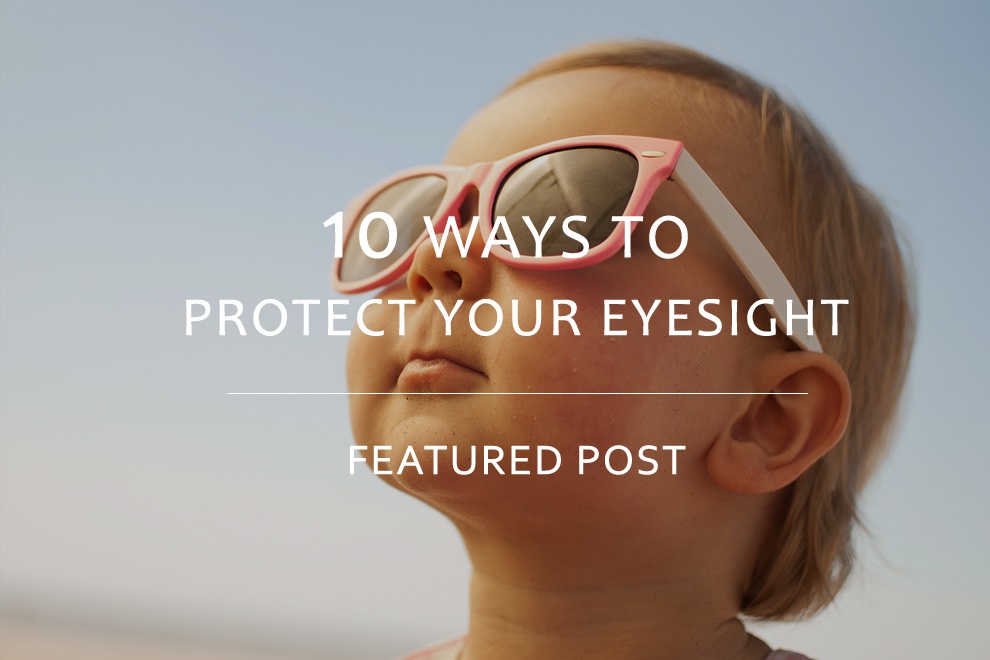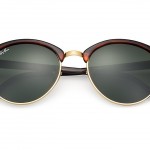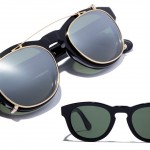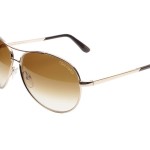10 Ways to Protect Your Eyesight
The human eye is a very essential organ in the body. Due to the fact that it’s delicate in nature, many people can go to any length in order to protect and have adequate Eye Care. Truth be told, changing some habits and adopting a healthy lifestyle is the surest way to prevent many visual impairments. Let’s take a look at some of the ways for protecting your eyesight.
1. Maintain a well-balanced diet
Eating a balanced diet offers a natural means of protecting the eyes. Vegetables, especially the dark leafy ones and fruits contain antioxidants. Foods packed with vitamins are a great option to improve the retinal function. It has been proven that the omega-3 fatty acids found in certain fishes reduce the risks of age-related macular degeneration (AMD) for those with a high genetic risk.
2. Invest in high quality sunglasses
Apart from using sunglasses as a fashion accessory, it can also help to block the ultraviolet radiations from the sun. Other benefits include protecting the skin around the eyes against wrinkles and cancer. These rays are responsible for many serious eye conditions that include cataracts. Sunglasses are not meant for sunny days alone, remember to use them on cloudy days too. People using prescription glasses can opt for the ones with UV protective coating.
3. Schedule regular eye exams
There is no need to wait until you observe the symptoms of eye defects before visiting an ophthalmologist. Making this move ensures that eye defects are detected and treated promptly. The truth is that some serious eye diseases rarely present any sign or symptoms until it’s too late. Don’t hesitate to share any concern about your eyes with the eye doctor.
4. Wear safety googles or glasses
At times, the eyes need to be protected from injury. This protection can be worn during sport activities, gardening, welding or wood work. The appropriate eyewear should be worn and the eyewear intended to be used for sports must meet the particular requirement of the sport.
5. Get adequate sleep
Inability to get adequate sleep from time to time can lead to the development of serious eye issues. These conditions may aggravate and result in the damage of the optic nerves. Ensure that you have at least 7 hours of sleep each night for healthy eyes.
6. Use lenses with digital screen protection coating
Staring at the screens of computers and mobile devices for several hours can lead to blurry vision, dry eyes and eyestrain. In this wise, choose lenses that filters out the blue light of screens if you use these devices often. While making use of them, take breaks and blink frequently to moisten the eyes.
7. Stay away from smoking
Apart from having adverse effects on the lungs, smoking is harmful to the eyes too. It normally results in the release of free radicals into the system which can damage the eyes. Cataract is one of the eye problems that are associated with smoking. Age-related macular degeneration is primarily caused by smoking and there is no cure for it presently.
8. Research about your family history
Most of the chronic eye conditions are hereditary. The risks can be minimized if a proper research is carried out as early as possible. Find out if anyone in your family has been diagnosed with an eye disease at one time or the other. In case any is discovered, contact an ophthalmologist promptly.
9. Take proper care of your eyewear
Prescription eyeglasses and contact lens have different requirements when it comes to maintaining them. Understand what the option you choose entails and observe the guidelines. Ensure that your eyeglasses and contact prescription are up-to-date and the appropriate eyewear is acquired. There are some instances where you only need to get Replacement Lenses because your eyeglasses frames are still in great shape.
10. Exercise regularly
People with cardiovascular diseases are at a very high risk of chronic eye diseases. Engaging in physical activities regularly can help in keeping these diseases in check. In addition, exercising regularly is an effective way to reduce intraocular pressure in people suffering from glaucoma. As time goes on, they won’t need their medication anymore.










